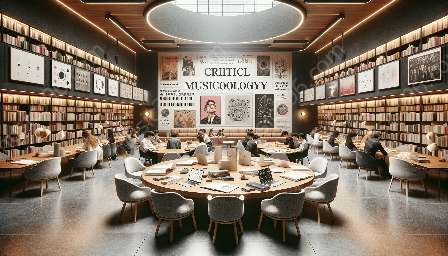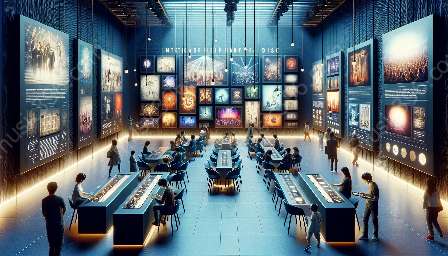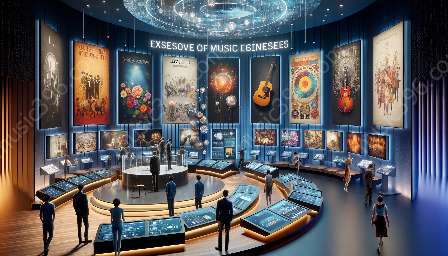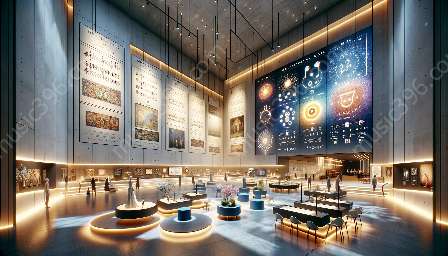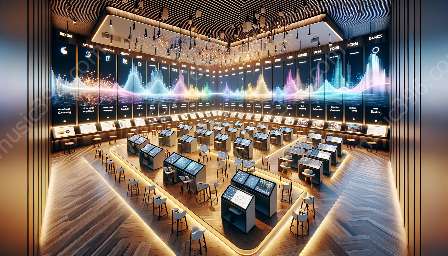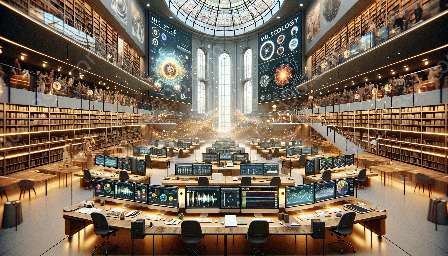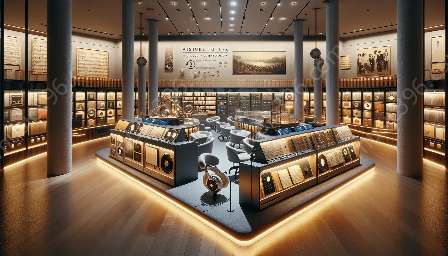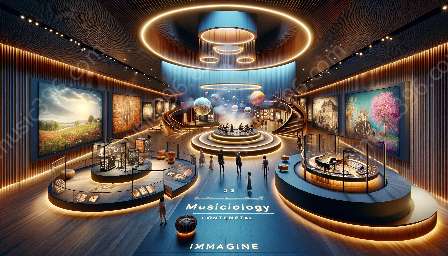Music technology has revolutionized the creation and performance of music, impacting various elements of musicology. Explore the influence of technology on musical composition, production, and performance.
How Music Technology Impacts Musical Composition
1. Innovation in Sound Design: Music technology allows composers to explore new soundscapes and textures, shaping the elements of music such as timbre and texture.
2. Digital Composition Tools: Digital audio workstations (DAWs) and software instruments enable composers to experiment with complex harmonic structures and arrangements, enhancing the harmonic and melodic aspects of music.
3. Sampling and Manipulation: Sampling technology enables composers to incorporate diverse genres and styles into their compositions, expanding the musical vocabulary.
Impact on Music Production
1. Recording and Editing Capabilities: Advanced recording equipment and editing software streamline the production process, allowing for precise control over the elements of music such as dynamics and articulation.
2. Mixing and Mastering: Technology has improved the quality of final mixes and masters, contributing to the overall sonic characteristics of music.
3. Collaborative Workflow: Cloud-based collaboration tools facilitate remote collaboration among musicians, enhancing the production process.
Effects on Musical Performance
1. Live Sound Reinforcement: Advancements in sound reinforcement systems improve the clarity and balance of live performances, affecting the elements of music such as volume and spatial characteristics.
2. Digital Instrumentation: The integration of digital instruments and MIDI controllers expands the possibilities for expressive performance and sonic manipulation.
3. Interactive Performative Technologies: Interactive technologies enhance audience engagement and enable performers to interact with visual and audio elements during live performances, enriching the overall musical experience.
Role in Musicology
1. Analysis and Documentation: Music technology facilitates in-depth analysis and documentation of musical works, contributing to musicological research and scholarship.
2. Preservation and Accessibility: Digital archiving and streaming platforms preserve musical heritage and make diverse musical traditions accessible to global audiences.
3. Ethnomusicological Studies: Technology enables cross-cultural collaboration and the study of music from diverse cultural contexts, enriching the field of musicology.



